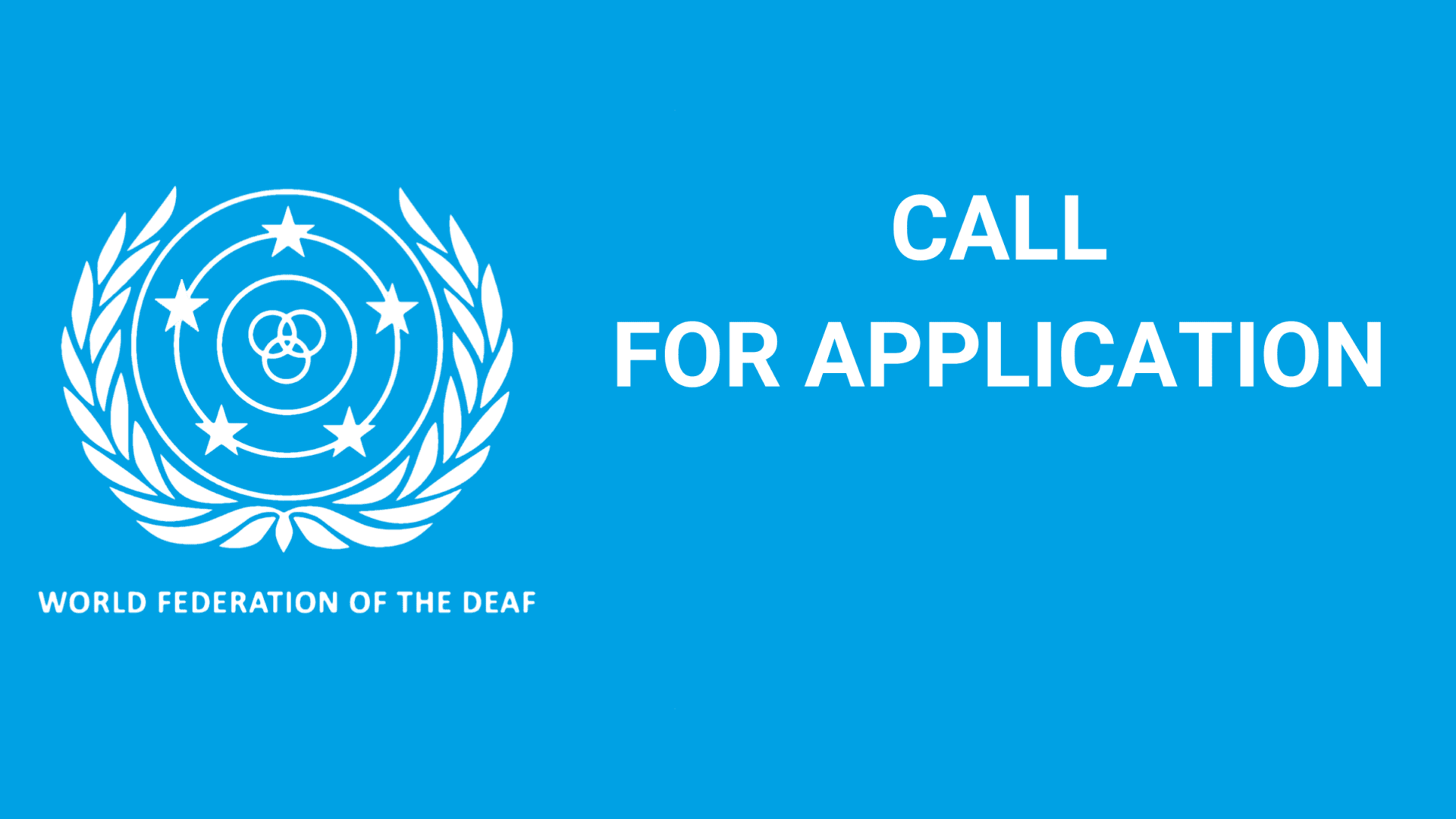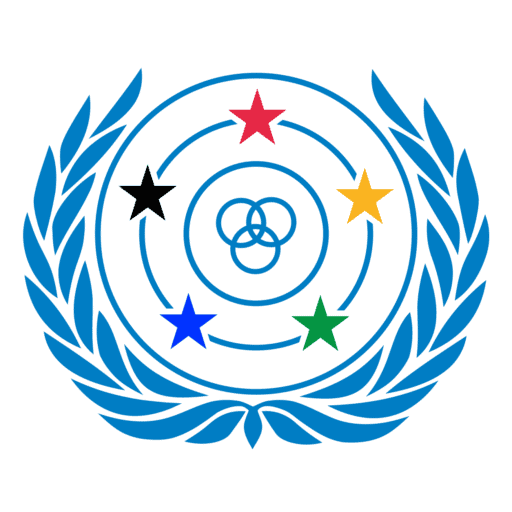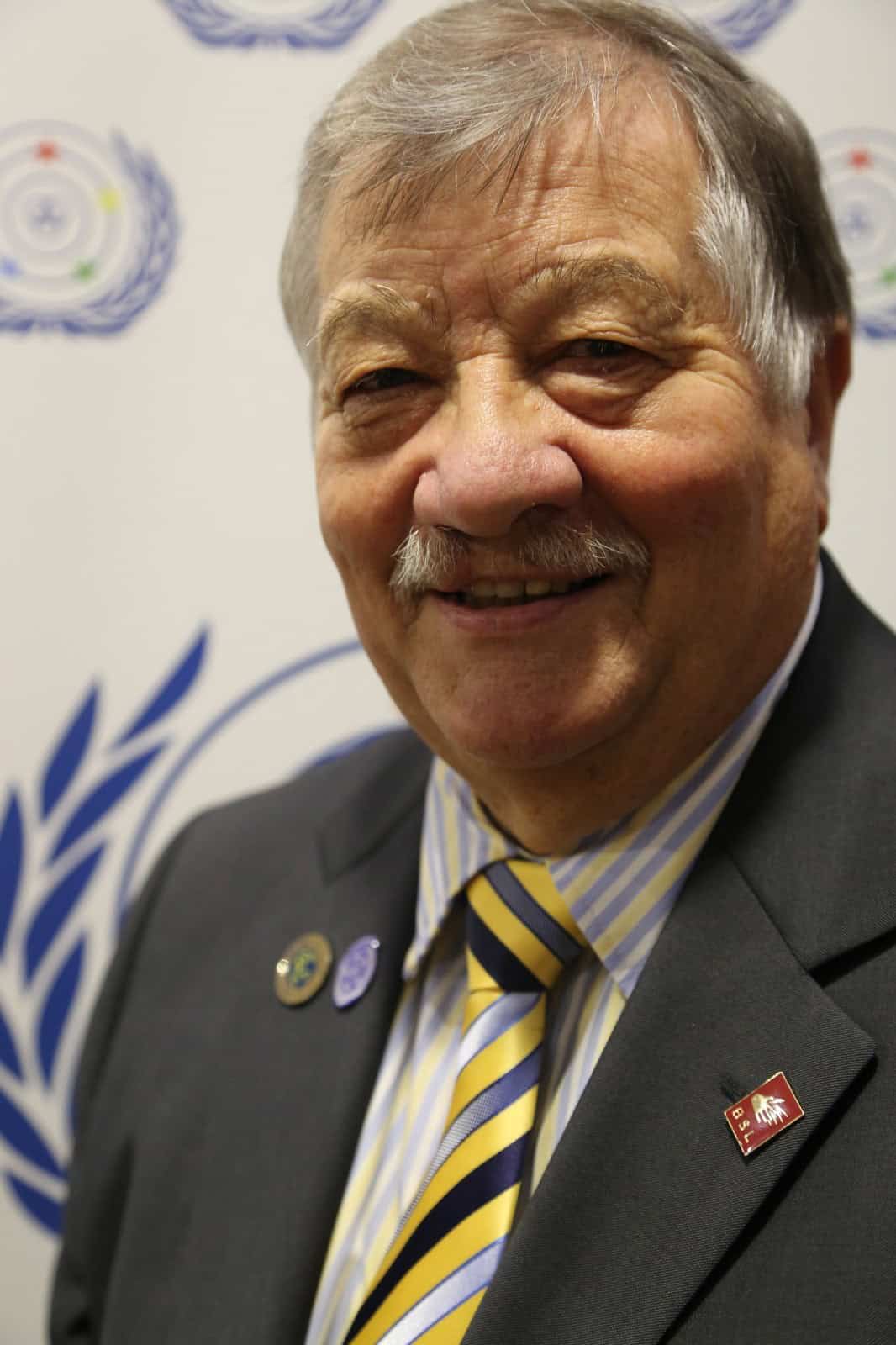Elections of the CRPD Committee 2012
What does the CRPD Committee do and why is it important for you to be active?
Hello! My name is Markku Jokinen and I am the former President of the World Federation of the Deaf (WFD). The current President Colin Allen asked me to sign to you the following message on the Committee on the Rights of Persons with Disabilities (CRPD) elections which will be held in September when the next Conference of States Parties of the CRPD takes place. If your country has not yet ratified the CRPD then this message is not important for your association since only countries (=State Parties) which have ratified the Convention can make nominations to the election of the CRPD Committee.
The CRPD Committee plays a key role in the international monitoring of the implementation of the Convention on the Rights of Persons with Disabilities (CRPD).
It is the body that receives the periodic State reports and which also receives and takes into account parallel reports prepared by disabled people’s organisations (DPOs). On the basis of all this information, the CRPD Committee issues Concluding Observations addressed to the relevant State consisting of recommendations to ensure the effective implementation of the rights of persons with disabilities.
The CRPD Committee also has the mandate to adopt General Comments on the CRPD which provide interpretation and guidance on specific elements of the CRPD, and is in charge of dealing with communications submitted by individuals or groups of individuals from States that have ratified the Optional Protocol to the CRPD.
In view of these significant responsibilities, it is vital to ensure that the CRPD Committee is composed of individuals with a profound understanding of the CRPD and disability rights implementation on the ground.
The fifth Conference of States Parties (=States that have ratified the CRPD) to the CRPD to be held on 12-14 September 2012 will include the renewal of nine of the eighteen seats of the Committee on the Rights of Persons with Disabilities.
It is important that national DPOs, such as the national deaf associations, proactively engage and influence the nomination process at national level, an involvement that is explicitly foreseen in Article 34 of the CRPD.
As you might already know, there is no deaf candidate in the Committee at the moment. However, the equitable representation of persons with diverse types of disability is important and thus it makes it even more important for us to lobby for a suitable deaf person to be elected this time. We believe that although the Committee members are today more and more familiar with deaf issues and those social barriers that specifically deaf persons face in their daily lives, Committee’s work would largely benefit from the expertise of a experienced and qualified deaf person.
Process
According to Article 34 of the CRPD, the Secretary General of the UN will send a letter to all States Parties to nominate candidates to the CRPD Committee. This letter has to be sent at least 4 months prior to the COP, which means early May.
Within two months, which would be early July, States Parties may nominate a candidate, who has to be a national of the State Party, by forwarding the relevant information to the UN.
Most efforts need to be made to influence the nomination process of candidates at national level (e.g. deaf associations’ involvement within the larger disability movement) because the experience from previous similar election processes show that that the outcome of the election process in New York is very much based on the level of efforts made by permanent missions to the UN in seeking support from other States which in exchange request support for other UN election processes.
What is the objective?
The overall objective is to have a Committee made up of individual members who have a strong understanding of the rights of persons with disabilities. A good candidate could have the following profile:
• Knowledge of the Convention on the Rights of Persons with Disabilities (CRPD) and its importance to diverse constituencies of people with disabilities,
• Demonstrated commitment to non-discrimination and the social model approach to disability
• Personal experience of disability and participation in the associative movement of persons with disabilities.
• Proven experience in the area of expertise (which may be human rights, policy, law, sociology, political science, research or technical applications)
• Independence from government or governmental influence
• Adequate time and resources to actively participate in the work of the Committee.
[if the above criteria extends the signed message too much then it can be in a written form)
What should be the first steps?
NB! Only deaf associations whose national government has ratified the CRPD should engage in this process because only states parties can nominate candidates from their nationals. So you should first know whether your country has ratified the CRPD or not.
The first step would be for national DPOs to try to find out whether your Government is thinking of nominating a candidate. You might seek this information from your Foreign Affairs Ministry or from the lead Ministry on disability issues.
If so, you should submit to your Government concrete recommendations on the process that should be followed and how DPOs should be involved in this process:
• The nomination process as a whole should be advertised widely (in newspapers, TV, other media) and in advance
• The process should be based on clear criteria for selecting candidates
• DPOs should assist States in obtaining applications from highly qualified candidates who meet the criteria
o DPOs should circulate the advertisement as widely as possible and request persons who meet the criteria to apply.
• The names and qualifications of those making the selection should be made public
• DPOs should be consulted on applicants’ skills and experience and how they meet the criteria
o Appropriate mechanisms should be put in place whereby DPOs can provide substantive comments and information about an applicant given that DPOs are best placed to be able to provide important information regarding applicants expertise and work on the ground.
• States should make nominations promptly public
If the Government has not yet decided whether or not to nominate a candidate, national DPOs (including deaf associations) should evaluate whether or not they should advocate for this to happen, taking into account whether there are good national candidates that the Government would accept to nominate.
Timeline of the process
– May 2012: Nomination process starts
– July 2012: Nominations should have been submitted by States Parties
– 12-14 September 2012: Fourth Conference of States Parties
– January 2013: The term of the new Committee members will start.



